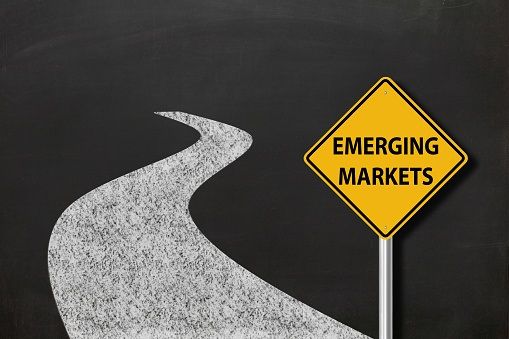Three out of four professional investors expect fundamental economic drivers in the emerging market debt (EMD) sector will improve over the next two to three years, according to research by NN Investment Partners.
Almost a fifth (18%) expect a “significant improvement” in EMD fundamentals over the period, according to a survey by the Netherlands-based asset manager survey of over 100 international institutional investors in March 2018.
As a result, 72% respondents expect institutional investors’ allocations to EMD to rise over the next 12 months, including 10% who expect a dramatic rise. Only 9% expect a decrease.

The key reason for this increase, cited by 62% of respondents, is the support provided by EMs’ fundamentals and 50% cited the credit quality of issuers specifically. Other reasons cited include diversification benefits (47%).
Emerging market debt has received robust foreign inflows over the last couple of years. But as central banks phase out quantitative easing and tighten monetary policy analysts expect a slump in investor appetite for the asset class. Benchmark 10-year US treasuries yields hit 3% in April and are expected to rise further on the back of more Fed rate rises this year.

Unsurprisingly, some investors expressed concerns. Seventy seven percent of respondents said there is a general perception of high risk around investing in EMD, with 23% who think this is a serious risk.
For 73%, the investment risk versus the potential return is an issue while 52% say they do not have the risk and/or illiquidity budget to invest in EMD.
Other deterrents include a lack of available data and information on EMD (47%); and a lack of knowledge on how to incorporate EMD in their asset allocation (40%).
Eighty nine percent of professional investors who expect investments in EMD to turn negative believe rising interest rates are creating a headwind and 56% point to a slowdown in China.
Marcelo Assalin, Head of Emerging Market Debt, NN Investment Partners, said: “Emerging markets are catching up with the developed world, thanks to a number of factors including strong economic growth, credible economic policies and clear rule of law.
“Their economic growth has outstripped that of developed markets since 2000 and currently, they are benefiting significantly from recovering commodity prices and historically low inflation, all of which are supporting their debt fundamentals and reducing the risks for investors.
“The political risks are also often over-estimated by investors.”







